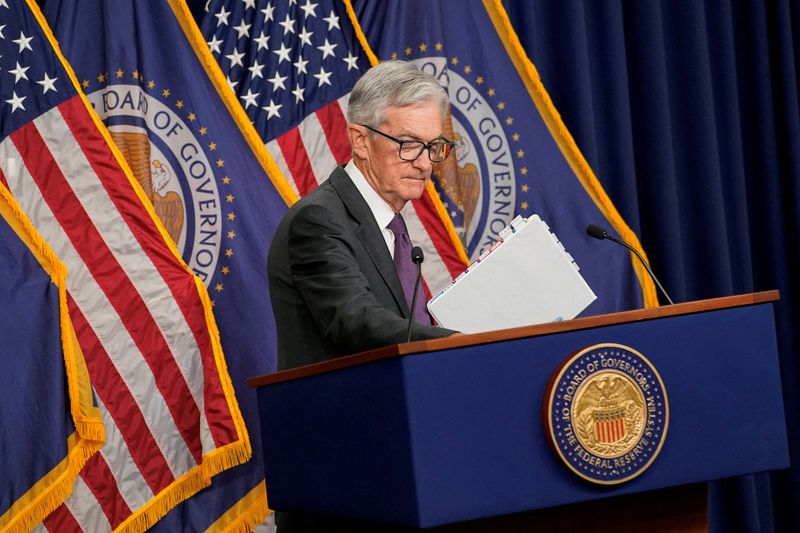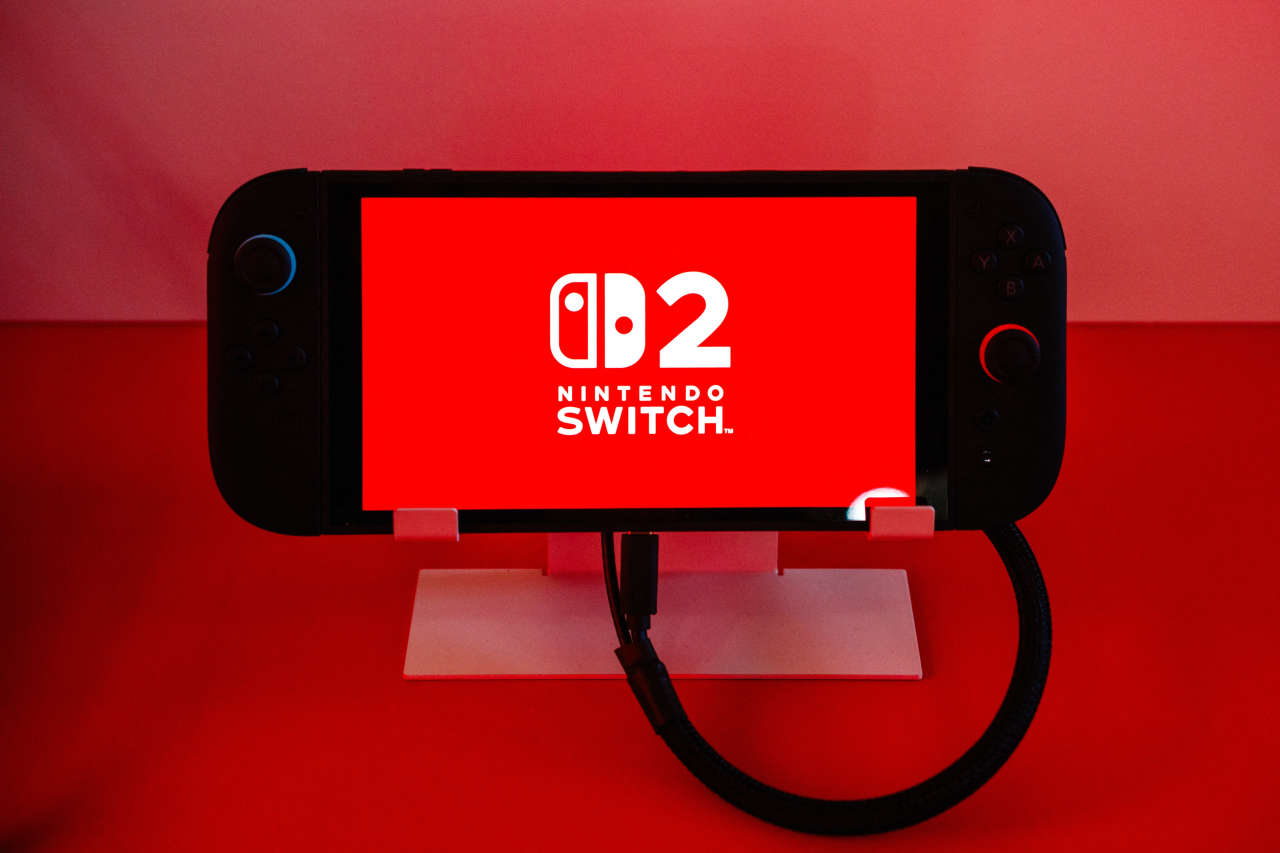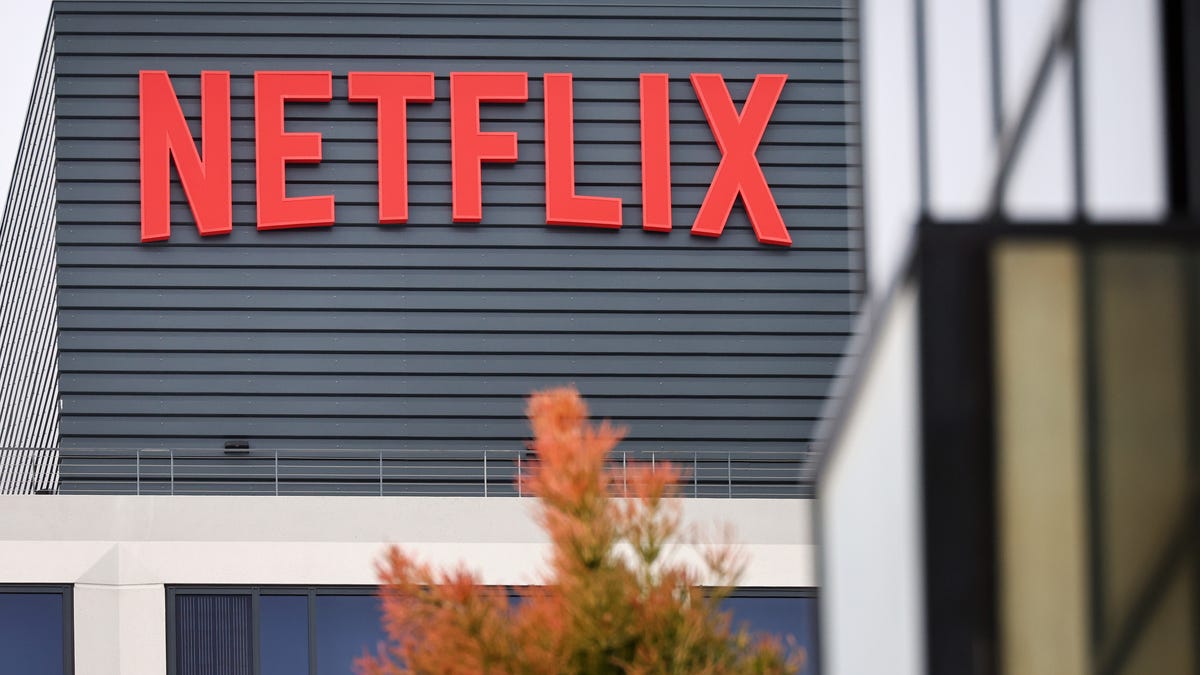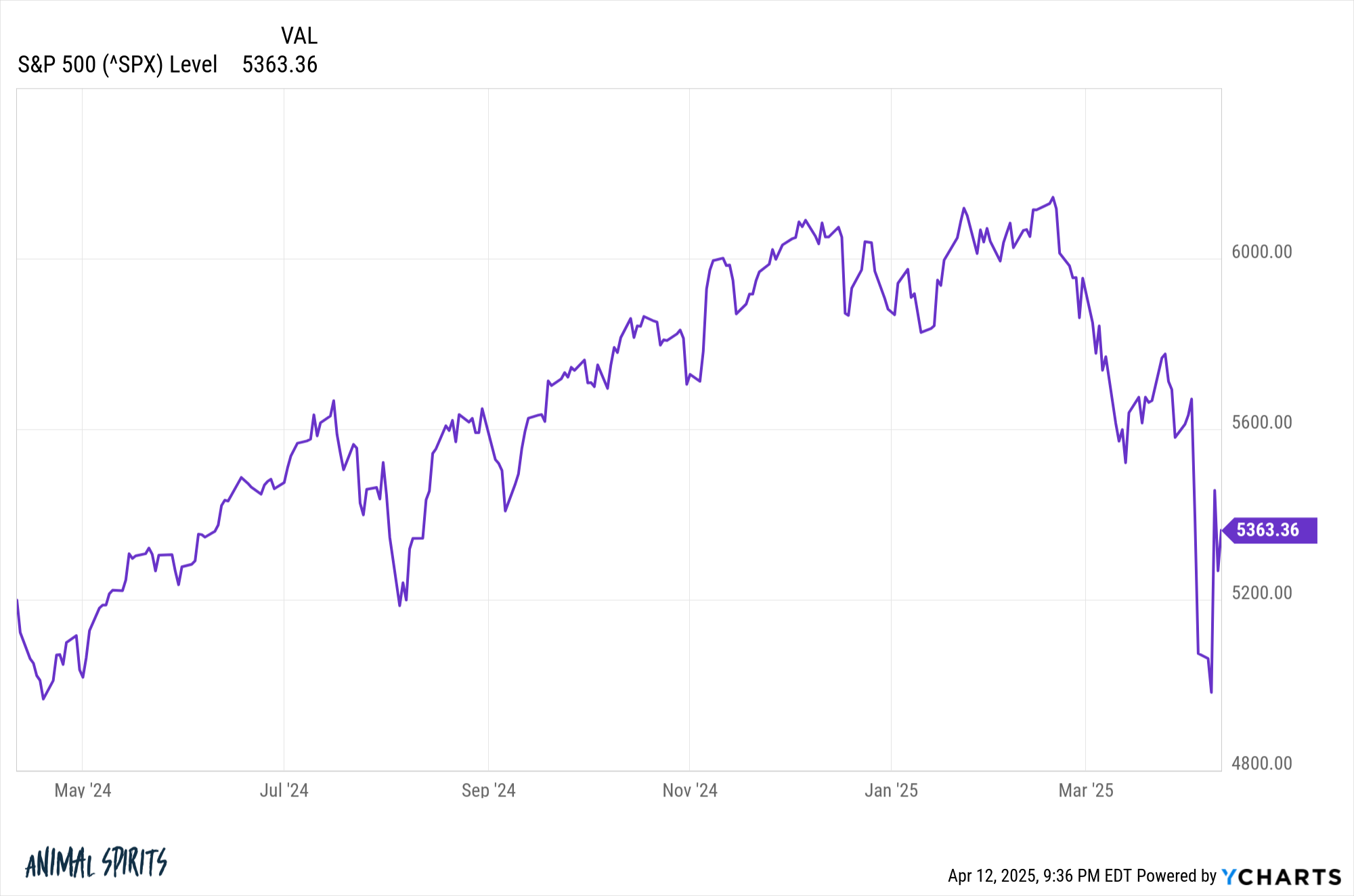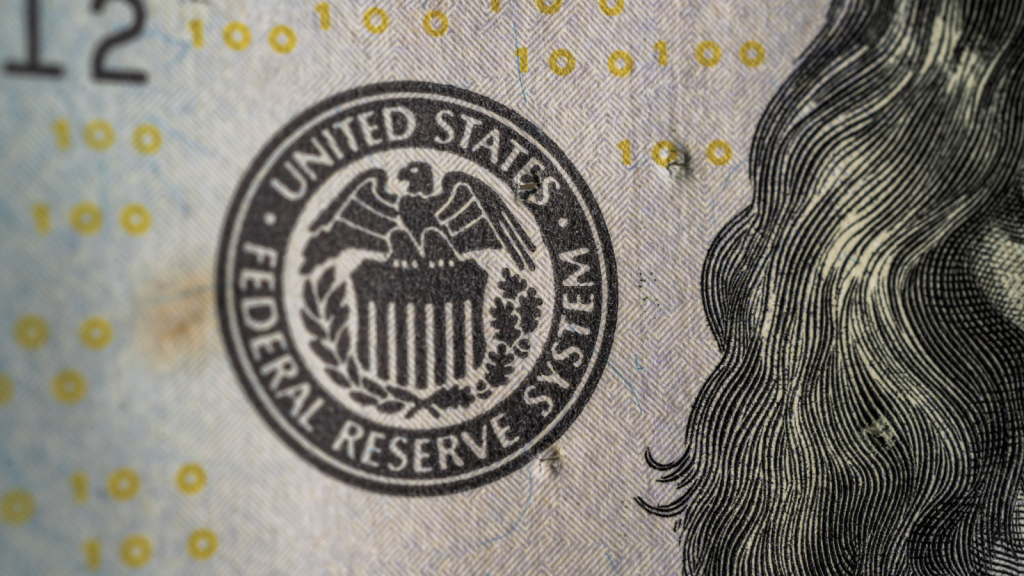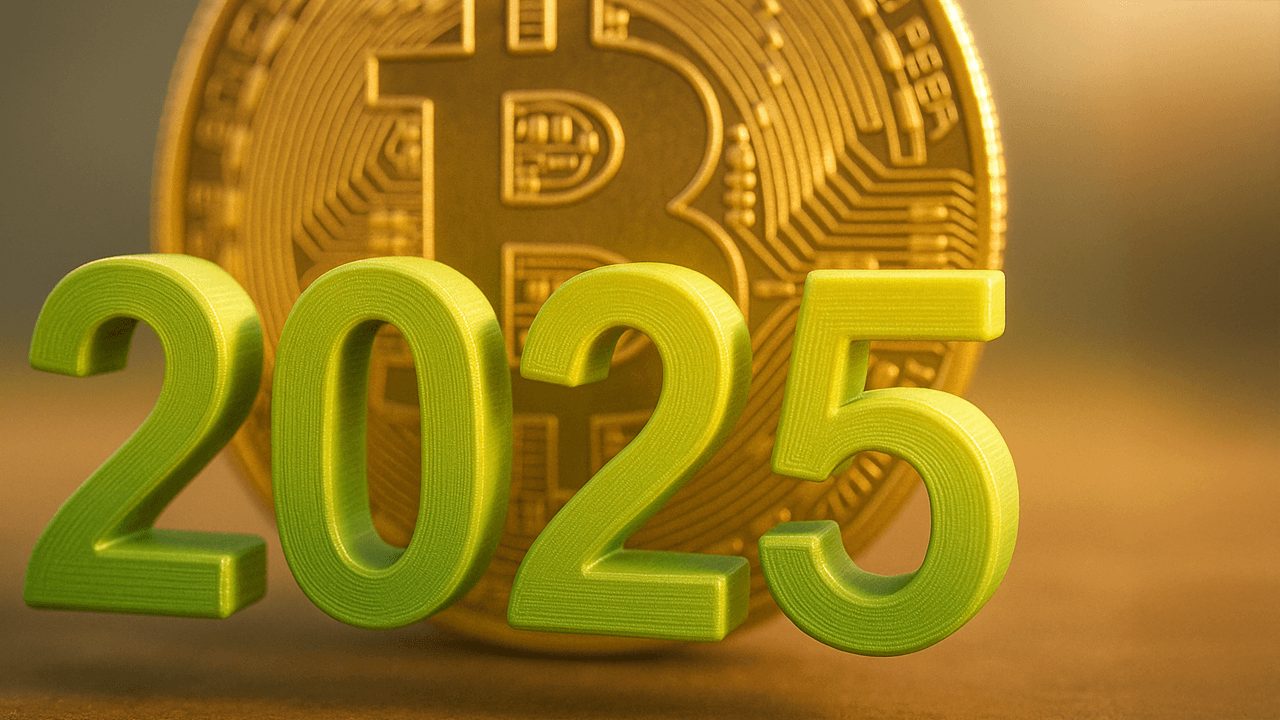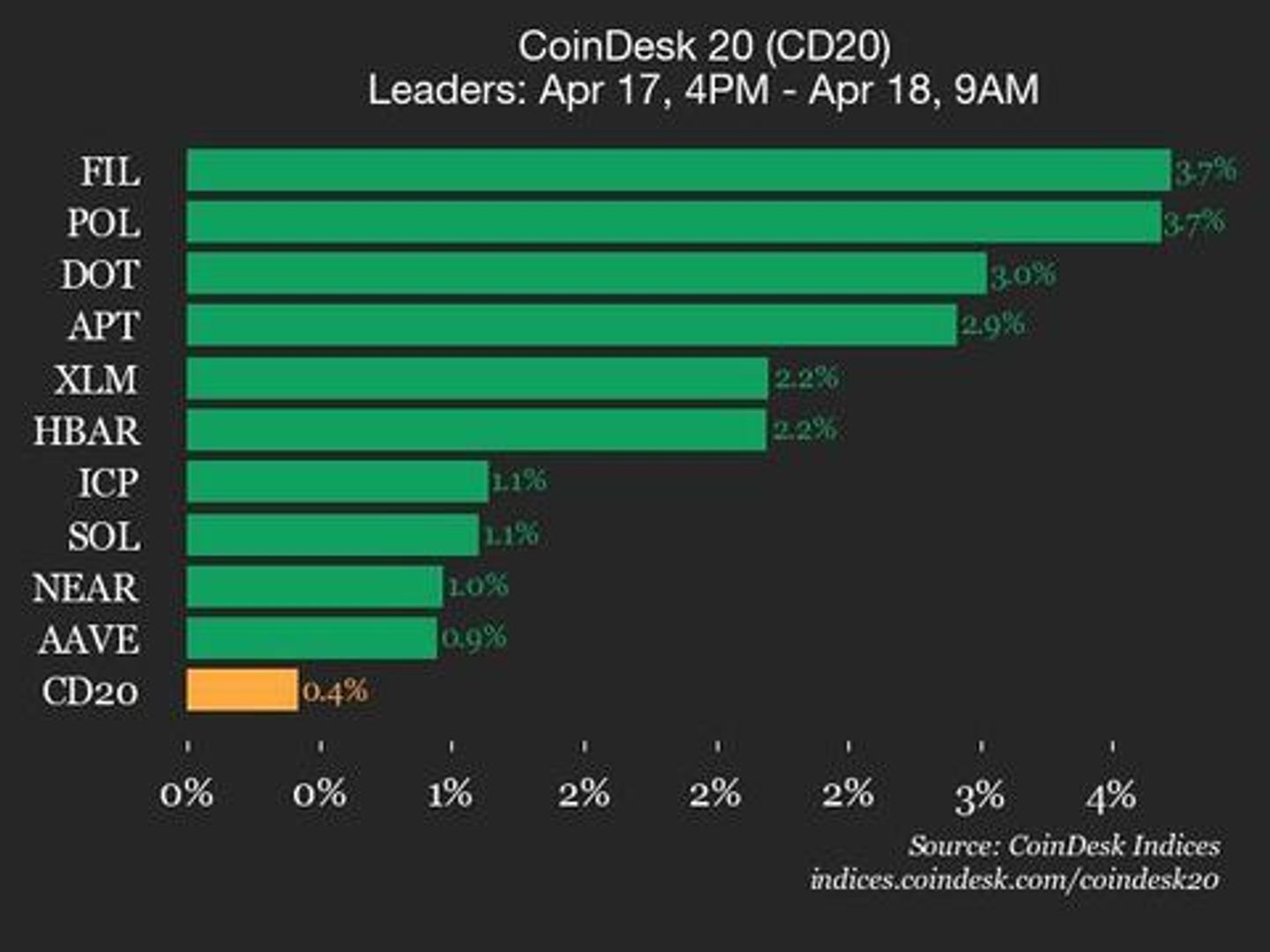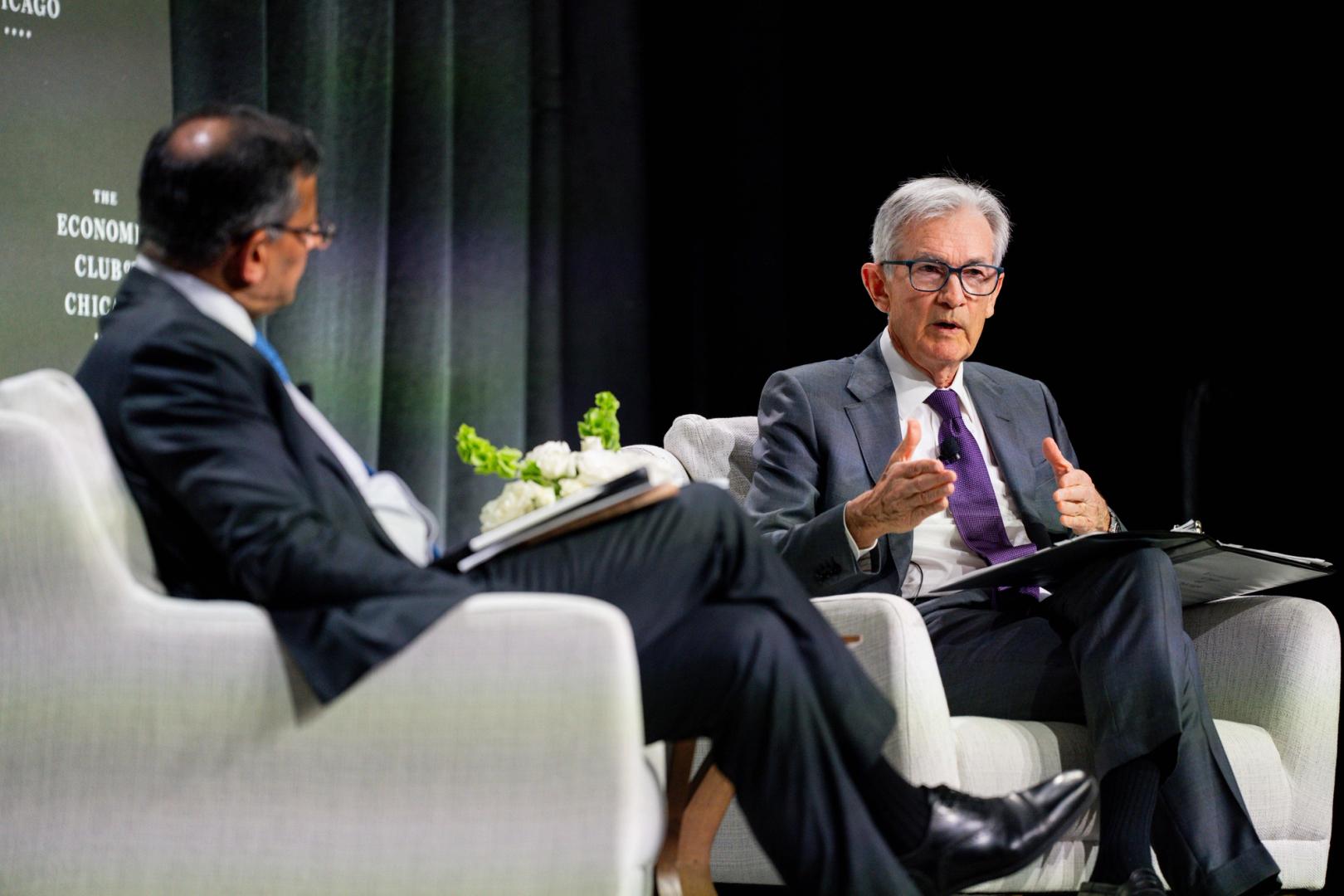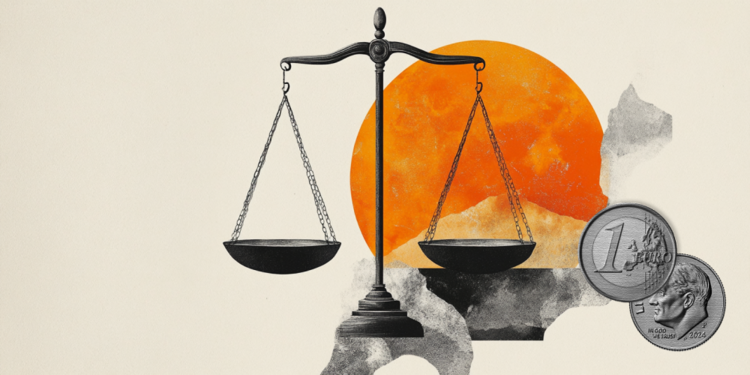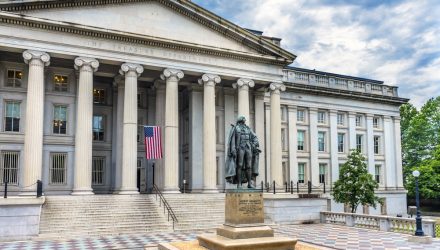Am I Making a Mistake Paying $700 a Month on My Student Loans Instead of Investing for Retirement?
A Reddit poster has around $18K left on his student loans, which have an interest rate of just over 4%. The student loans are federal student loans with a minimum payment of $140 per month. If the Redditor makes the minimum payment, he’ll be paying the debt back for 15 years, and he says he […] The post Am I Making a Mistake Paying $700 a Month on My Student Loans Instead of Investing for Retirement? appeared first on 24/7 Wall St..

Key Points
-
A Reddit poster is making extra payments on his federal student loans.
-
Since his interest rate is at 4% and his minimum payment is only $150 a month, this may be a mistake.
-
He’s passing up some of his employer match and losing out on valuable tax breaks with this approach.
-
Are you ahead, or behind on retirement? SmartAsset’s free tool can match you with a financial advisor in minutes to help you answer that today. Each advisor has been carefully vetted, and must act in your best interests. Don’t waste another minute; get started by clicking here here.(Sponsor)
A Reddit poster has around $18K left on his student loans, which have an interest rate of just over 4%. The student loans are federal student loans with a minimum payment of $140 per month. If the Redditor makes the minimum payment, he’ll be paying the debt back for 15 years, and he says he doesn’t feel like he can justify keeping the debt for so long.
Since he wants to get rid of the loans ASAP, he’s paying $700 per month. He said that’s the amount he has left over after he pays all the other bills he has. Based on paying that amount, he would be debt-free in around two years, at the same time that he’s starting to look into buying a house.
He’s not sure if he’s making a mistake by continuing to pay the loans, though. So, is he making an error, or is he right to try to become debt-free ASAP?
Does paying off federal student loans early make sense?
Unfortunately, the Reddit user’s plan to put $700 a month towards his student loans probably is not the best one. The reality is that paying off federal student loans early almost never makes sense and especially not in this situation.
The original poster (OP) has loans at just 4%, so his return on investment for early payoff would be the 4% that he saves. He can easily earn a way better ROI than that by investing his money in an S&P 500 index fund. The S&P 500 has very consistently produced 10% average annual returns for decades, and there are very low fees when you buy an S&P 500 index fund. You’re also taking on relatively minimal risk, since the S&P tracks the performance of around 500 large U.S. companies, so over the long haul, there’s very little chance of losing money.
Federal student loans also come with tons of borrower protections, including the ability to choose income-driven plans and to get debt forgiven for public service work or after making a certain number of on-time payments on an income-driven plan. You can also pause payments through deferment or forbearance if you run into financial trouble. There’s also the possibility of widespread forgiveness of federal student loans in the future, as President Biden attempted to forgive debt for many, and a future administration might have more success in doing so.
Paying off loans at a low rate that comes with buyer protections and that gives you so much flexibility is not the best use of your funds — especially since a $150 monthly payment is not such a high payment that it’s likely to affect the OP’s chances of getting approved for a mortgage.
Don’t forget tax breaks and the employer match

There are also some other issues to think about as well when deciding whether to prioritize investing or paying off student loans. Specifically, you’ll want to consider your employer match and the tax implications of your choice.
The OP said his workplace matches contributions up to 8% of his income, but he’s only contributing 7%. This means he is leaving free money on the table. Several Reddit users commented that he needs to prioritize investing enough to earn the matching contribution because he is missing out.
Investing in a 401(k) also comes with tax breaks, and there is a student loan interest deduction that most people can take advantage of that helps to defray the cost of interest on educational debt. Paying off the loans early instead of investing means missing out on both opportunities for tax savings.
Since the employer match and tax rules make paying off the loan even less advantageous compared with saving more for retirement, it seems pretty clear what the OP should do. Yes, some Redditors did say there’s something to be said for becoming debt-free and having more peace-of-mind, but you can get that peace-of-mind from having a big investment account balance too.
While you can, and should, talk to a financial advisor about your options to get personalized advice, the poster here most likely should just keep paying the low minimum payment and focus on investing as he chips away at his student debt over time. This will give him the best prospects for building wealth over the long-term.
The post Am I Making a Mistake Paying $700 a Month on My Student Loans Instead of Investing for Retirement? appeared first on 24/7 Wall St..

